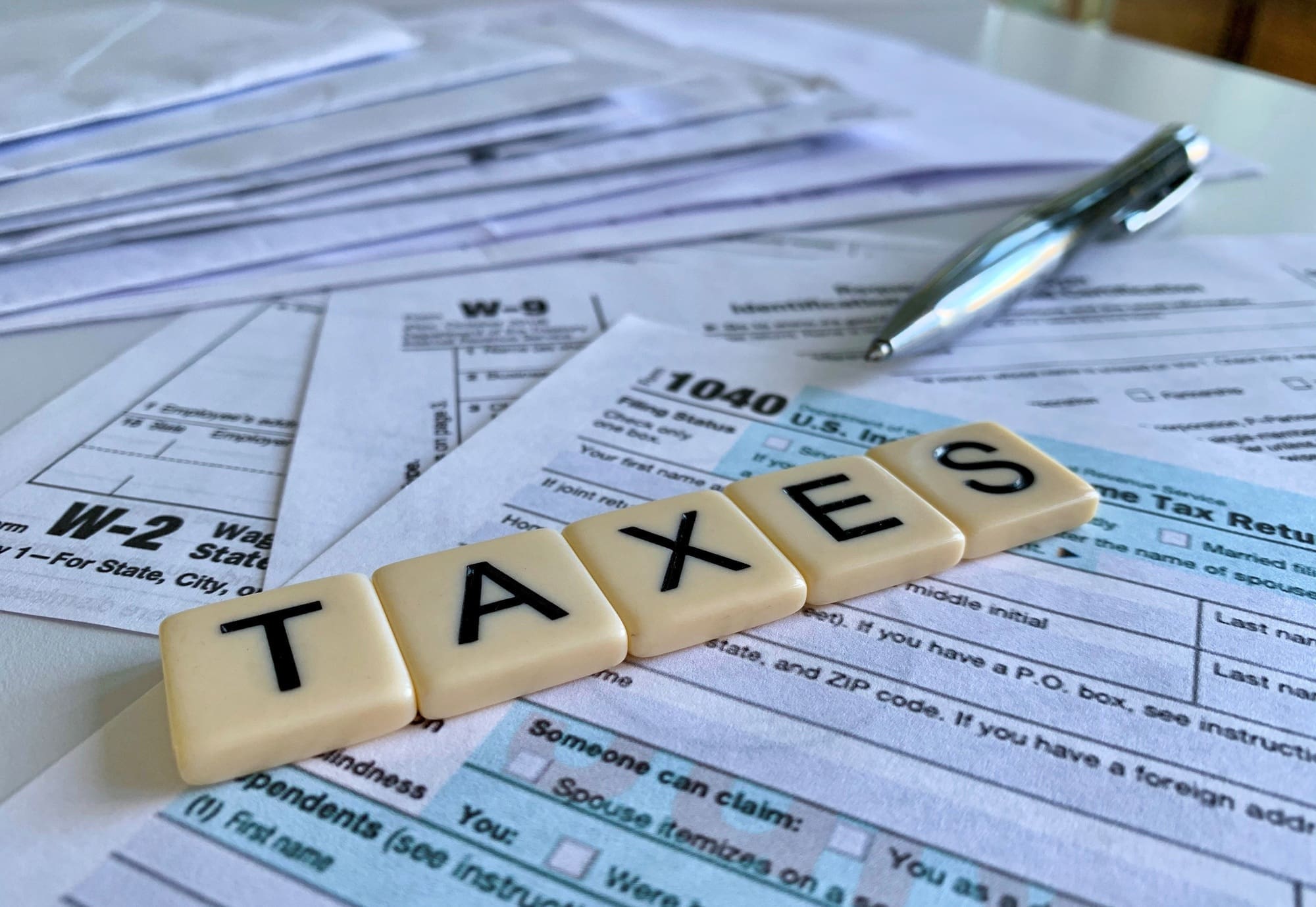A new report wants the government to consider capital gains tax on profits made from appreciating house values for all properties, not just additional ones.
The report says existing home-owners, and particularly those who bought in the late 1990s and early 2000s, have made what it calls “largely unearned windfalls.”
The report, from the Resolution Foundation and the ‘abrdn’ Financial Fairness Trust – claims those aged 60-plus have seen the biggest windfalls at around £80,000 on average compared to an average of less than £20,000 for those under 40 years of age.
Gains have been largest in London, where on average people have gained £76,000 since 2000, and smallest in the North East of England, with an average gain of just £21,000.
With rising house prices accounting for the vast majority of the overall rise in property wealth over the past 20 years, rather than a larger housing stock or home improvements, the report states that “this £3 trillion wealth windfall has been largely unearned.”
It goes on to say that such windfalls have been “largely untaxed too with primary residences exempt from capital gains tax, in contrast to most other assets where capital gains attract tax rates of between 10 and 28 per cent.”
The report says: “Extending the scope of CGT to primary residences with a 28 per cent rate on all housing capital gains built up over the past 20 years could raise around £11 billion a year, with owners required to pay nothing until they exit home ownership or pass away.”
It suggests setting a £75,000 allowance which, it adds, would mean over half of estates don’t have to pay any tax, while still raising £4 billion a year.
“Alternatively, unearned capital gains on a primary residence could no longer be covered by the Inheritance Tax residence nil rate band, raising up to £3 billion” it suggests.
The revenue raised from these windfalls could also be used to make more progress on a major downside from this wealth windfall – falling home ownership among young people, who have been priced out of the property market.
Adam Corlett, principal economist at the Resolution Foundation, says: “Inflation-busting house price growth over the past 20 years has delivered an unearned, unequal and untaxed Great British wealth windfall worth £3 trillion that makes up a full fifth of all wealth today. But not everyone has shared in these spoils, with older home-owners gaining over £80,000 on average, while the least wealthy third of households have gained less than £1,000.
“Choosing not to tax this huge housing wealth windfall because of the political and administrative challenges involved has real consequences, including higher taxes for workers and businesses.
“With the government on course to raise taxes by an equivalent of £3,000 for every household in Britain by the middle of the decade, it’s time to reconsider a range of practical options for taxing these unearned windfall gains if we are to protect workers’ living standards in the years ahead.”
What is being proposed is actually a form of inheritance tax but at capital gains tax rates. That would require a re-assessment of the uplift in the capital gains tax base cost on death and in particular how it is proposed that would interact with the proposed death charge.
I suggest that a cleaner alternative could be a dramatic reform of inheritance tax itself with an abolition of all reliefs, progressive rates of tax (say 10%, 20% and 30% replacing the current 40% flat rate) dependant on the size of the estate.
The real importance of these reports is that they challenge the accepted wisdom that the home should be exempt from most forms of capital taxation. I believe that this accepted wisdom will be increasingly challenged over the coming decades as successive governments struggle to balance their budgets. To make such a system acceptable to the public and the property market any charge will doubtless be deferred until the death of the owner or exit from the property market.
Have a look at the following links:
https://www.financialfairness.org.uk/en/media-centre/media-centre-news-article/home-county
https://www.resolutionfoundation.org/publications/home-county/
Stephen Parnham


